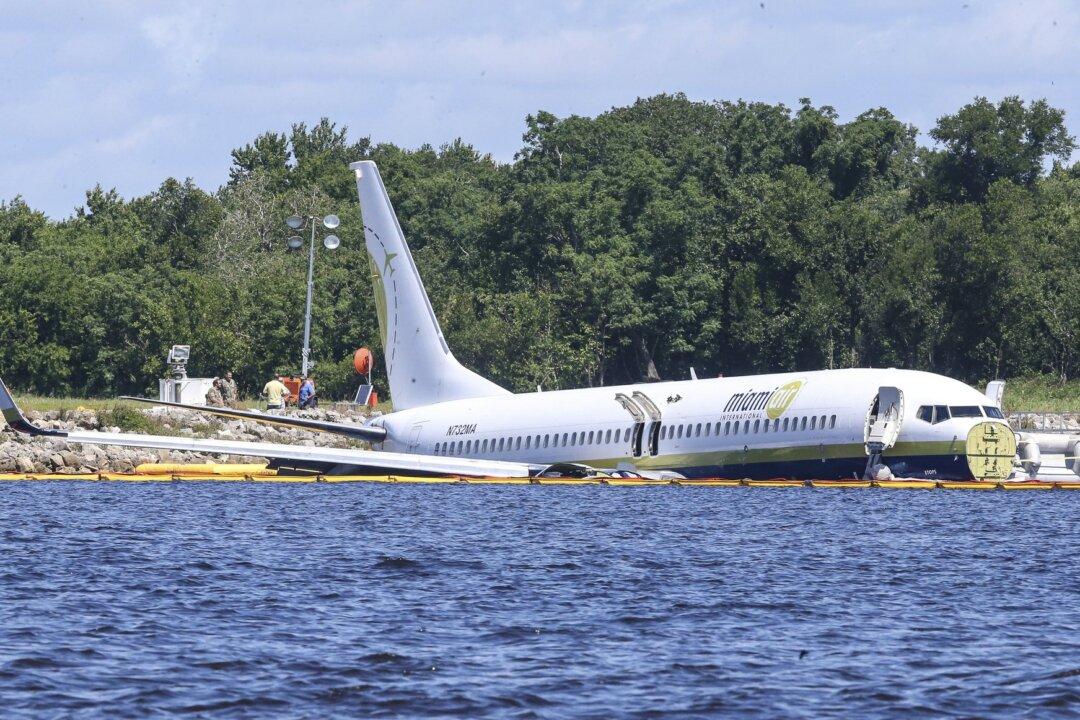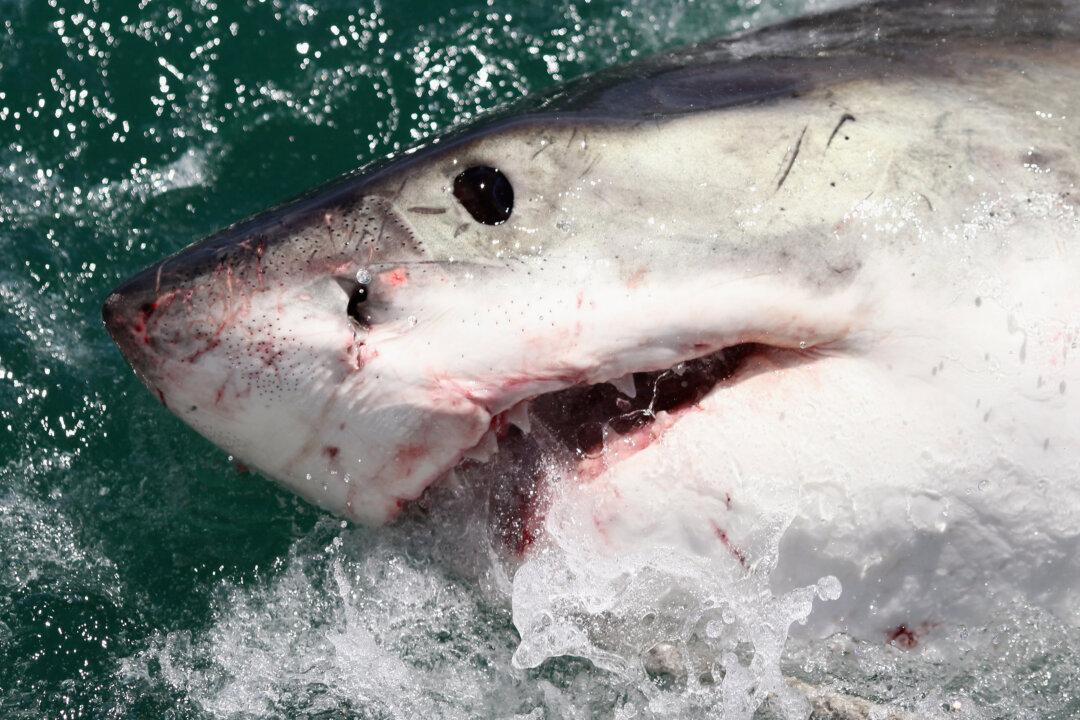U.S. military officers have found pets that went missing after a chartered jet crashed in northern Florida on May 3.
The Naval Air Station (NAS) at Jacksonville confirmed that the bodies of a dog and two cats owned by a military family were recovered from the aircraft floating on St. Johns River.





